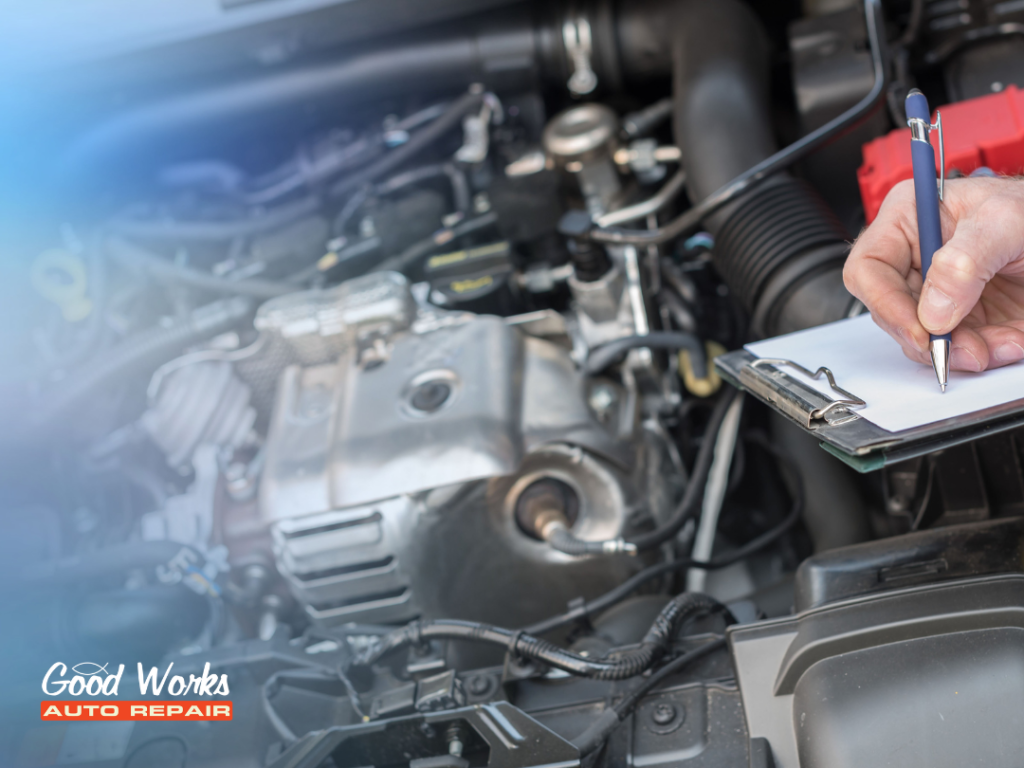Whether you’re a new car owner or you’ve had your own vehicle for many years, you likely know that when the Check Engine light comes on, it’s time to get your vehicle to your local auto repair shop as soon as possible. But, what exactly makes that dashboard warning light turn on in the first place? The answer is … a lot of things, including an engine vacuum leak.
What is an engine vacuum leak?
Your vehicle’s engine takes in air during normal operation. When everything is functioning properly, that air enters the engine via the throttle body, and the mass air-flow sensor inside measures the precise amount of air that’s going to the engine.
When an engine vacuum leaks, air sometimes bypasses the throttle body and gets into the engine via the intake manifold … not the usual route. Since your car’s engine control unit dictates how much fuel is required based on the air measured by the mass air-flow sensor, the air-to-fuel ratio ends up being incorrect and leads to our next question …
How can you tell if your car has an engine vacuum leak?
An improper air-to-fuel ratio due to a vacuum leak can lead to the following symptoms:
- Rough idling
- Poor gas mileage
- Delayed acceleration
- Emission of white or black smoke
- Illumination of the Check Engine light
If you notice signs like the ones listed above, it’s a good idea to schedule an appointment with your trusted mechanic as soon as possible. The sooner the problem can be diagnosed and fixed, the better the chance that your engine will not be damaged.
Preventative Maintenance Can Keep the Leaks Away
One of the most common causes of an engine vacuum leak is a cracked or broken hose or tube attached to the intake manifold. Made of rubber, it’s not uncommon for these parts to deteriorate over time or with exposure to extreme temperatures such as we experience here in Arizona during the summer.
While the parts themselves may not be expensive to fix, a vacuum leak can cause your vehicle’s engine to perform poorly and inefficiently. With reduced gas mileage, you may also find yourself using more fuel and spending more money at the pump. Thanks to today’s high gas prices, that’s something we’re all doing anyway but there’s no sense in using more fuel than you have to!
One of the easiest ways to prevent problems such as an engine vacuum leak is to follow a regular preventative maintenance schedule. Each service schedule is slightly different based on your vehicle make and model. However, routine maintenance is essential for keeping your car running smoothly, especially if it has high mileage. It’s also a great way to catch small problems before they become bigger, more expensive ones.
Do yourself and your vehicle a favor by scheduling preventative maintenance at your favorite Tempe auto repair shop today!
Schedule My Appointment Now!

